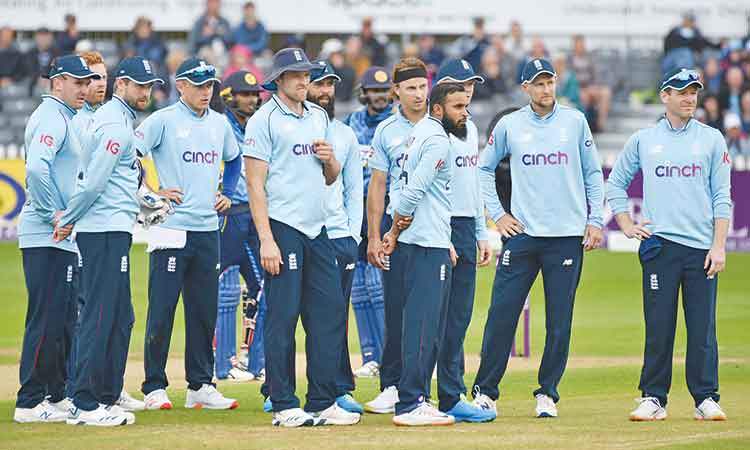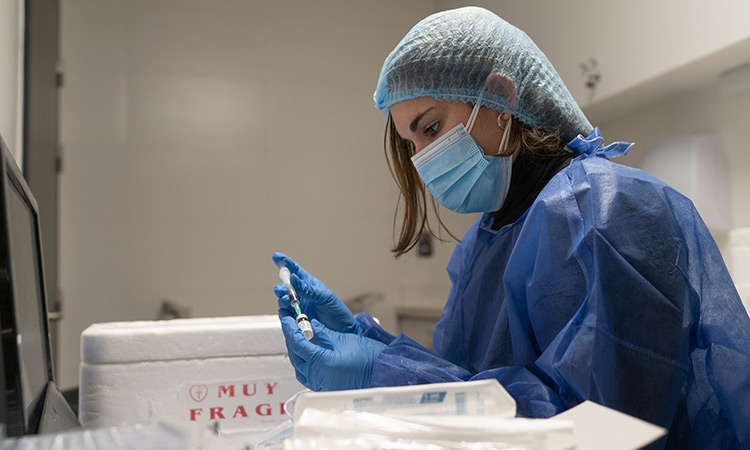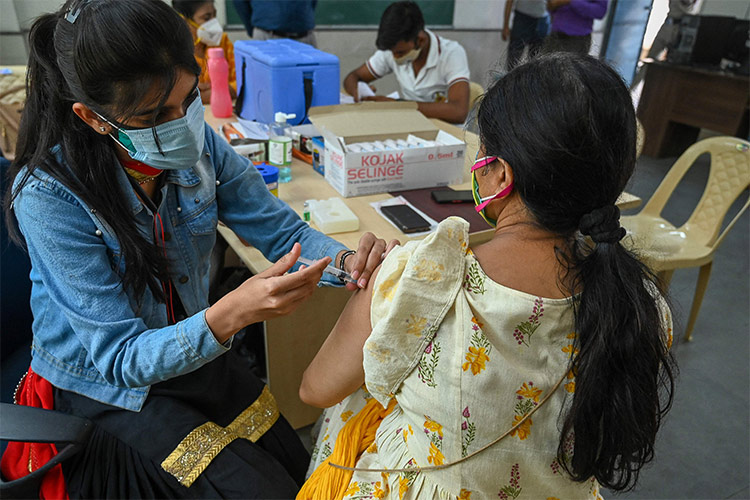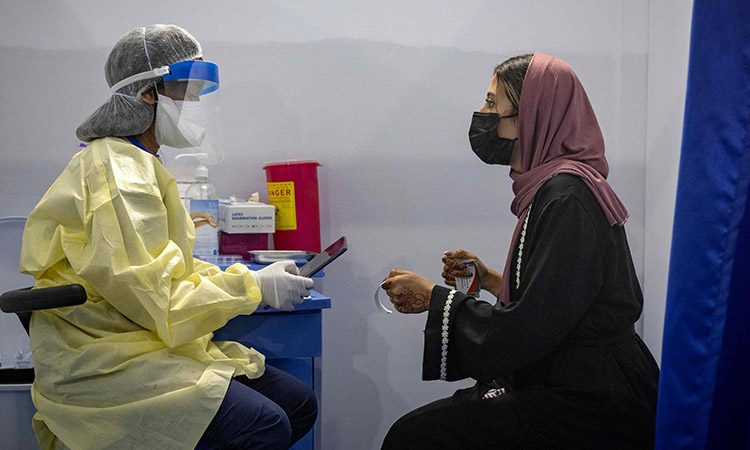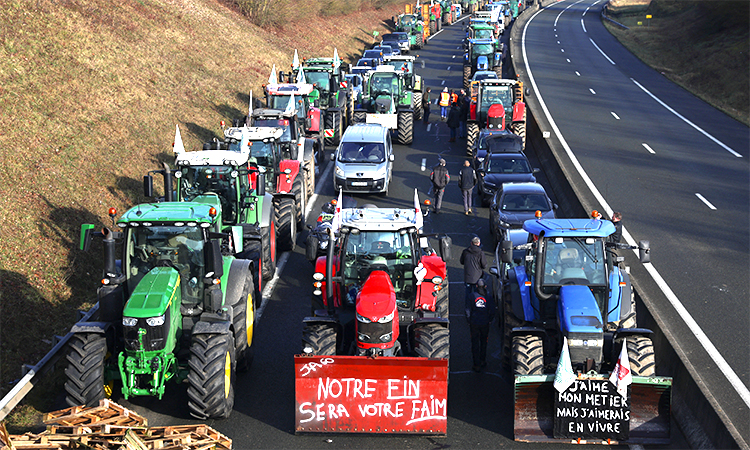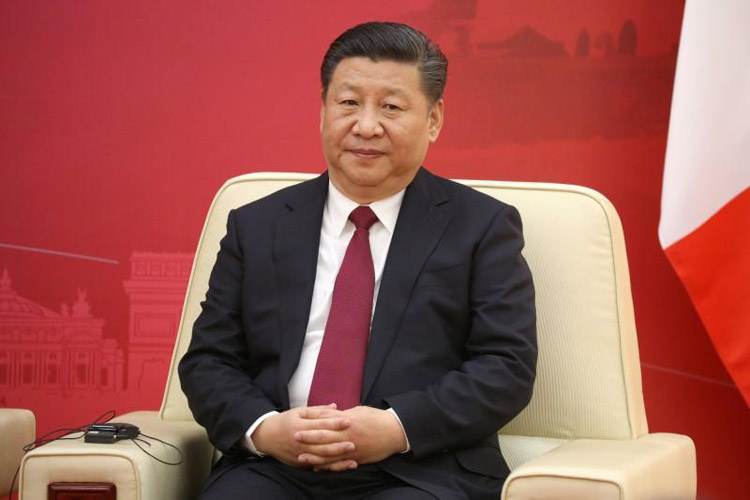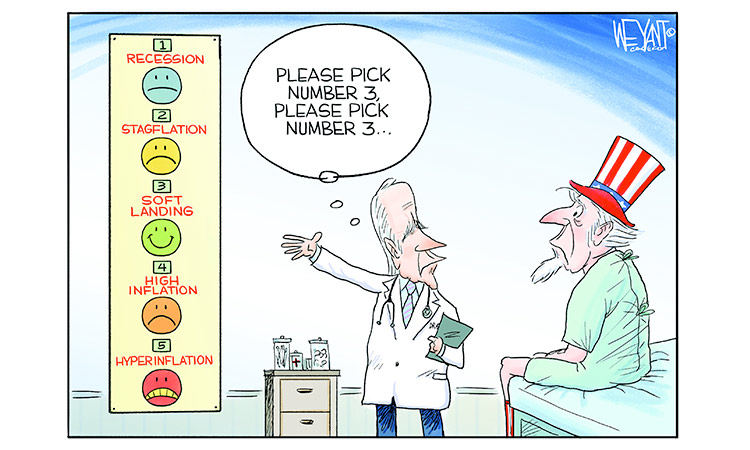Why vaccines are now the new peacekeepers
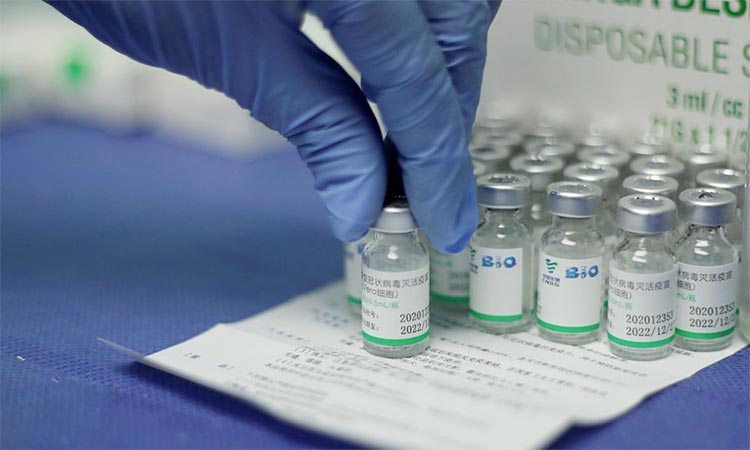
A nurse holds a vial of China's Sinopharm COVID-19 vaccine at a health center in Caracas, Venezuela. Reuters
Michael Fallon, The Independent
In 2008, the world came together to tackle the financial crisis: governments and central banks worked to prevent collapse, shore up the lenders and protect their depositors. With COVID-19 we’ve seen the exact opposite: the virus wasn’t reported early enough, governments interfered with the movement of vital protective equipment, and the EU even threatened to block vaccine exports.
The world was simply unprepared to deal with a challenge of this magnitude, despite experts long warning about the risk of an outbreak.
So huge mistakes have been made. Countries such as India have been caught out by new waves. Others like Brazil simply failed to recognise the seriousness of their situation. Some, often with smaller, more resilient populations, did better – protecting their borders properly, or, as in the UK, investing quickly in effective vaccination programmes.
But the biggest lesson to be learnt is the most obvious: unless we immunise everywhere – and not just within our own borders – we are all at risk from new variants and the resurgence of old ones. If the disease spreads unchecked and untreated, it will not only further destabilise some of the world’s most volatile hotspots, but quickly find its way through our limited national defences.
So the global danger now lies in the slow pace of vaccination in the developing world. If wealthy nations, with immunisation efforts in full flow, disregard the lack of resource and capability in vaccine production and distribution in developing countries, then our own efforts are undermined. This is a moral issue, and also one of self-interest. If the healthcare systems of the poorer countries of Africa, for example, break down, we will bear the consequences in western Europe. And we will be affected in the longer term by the insecurity, violence and emigration that may result from vaccination programmes that are too slow.
It is reassuring that the urgency of vaccinating the developing world has now been recognised by the G7 leaders, and we must continue to see progress on this at next month’s meeting. However, we are a long way from where we need to be. The latest data shows that the western-led Covax programme, a well-intentioned attempt to distribute vaccines more equitably, has reached only 22.7 per cent of its target at this stage.
It’s also important to recognise that Covax alone and other western efforts so far will not be enough. Sputnik and Sinopharm, two major vaccines outside of the western sphere, can also play their part. China and Russia recognise the value of vaccine diplomacy, collaborating with countries around the world on the distribution and production of their vaccines in the global south. This needn’t be a competition between east and west: COVID-19 affects us all. What matters is getting more vaccines to where they are most needed.
The recent announcement by G42 Healthcare of a new vaccine production facility in Abu Dhabi is a very good example, pointing the way to faster vaccination programmes for the developing world. Hayat Vax, the Arabic branded version of China’s Sinopharm jab, will be made available to some of the world’s poorest countries. Given the UAE’s geographic position, and the fact that much of its population is already vaccinated, it means that new production can now go south. It’s true that we still lack trial data about the Chinese vaccine’s comparative efficacy with western ones, but strategically placed production centres like this are exactly the sort of projects we need more of in order to protect the world’s poorest citizens.
Over the past year we’ve learnt that we simply didn’t have the international infrastructure in place to deal globally with this pandemic. Academic researchers collaborated quickly and well in the west, but too many governments turned inwards, not understanding that tackling COVID-19 in the east and the south of our globe is as important as tackling it at home.
We should work now to ensure that better contingency plans are in place to get vaccines developed and available at short notice in the poorest parts of the world. Their security is, in the end, our security. Vaccines are the new peacekeepers.
